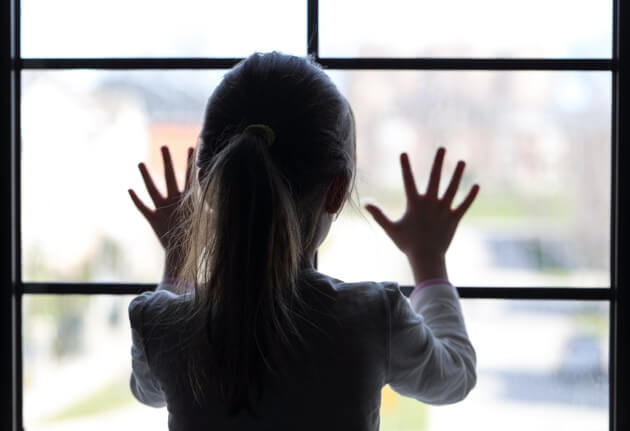
One of the saddest consequences of divorce for parents is the alone-time when your children are visiting their other parent. While short-term periods away from the kids can be a welcome respite for an over-scheduled single parent, that’s not always the case. For many parents the intervals between seeing the children can be long and lonely. This is especially so during the holiday season which can become a particularly challenging time. It’s even more difficult when friends and neighbors are busy with their own family gatherings.
Time to be focused on YOU!
It’s really important for parents who are alone during the winter holidays to get creative. Absorb yourself in activities you find personally fulfilling. This time of year can also be an opportunity to reflect on meeting your own needs. It helps to reach out to friends. Also participate in activities that bring joy to your life on a personal rather than a parental level.
Avoid guilting your innocent children!
Among the greatest challenges divorced parents face is avoiding depression and self-pity. When overwhelmed by a sense of isolation, or feeling undervalued, parents often make poor decisions. One of the most common is sending messages that we later regret when communicating with our children. Sometimes we bury our hurt in comments designed to make our children feel guilty about not being with you. This, despite most often those decisions are not really within their control.
Telling your kids you miss them is a natural response. Saying I wish you were home with me and not with your other parent is a different message. It burdens your child unnecessarily with the need to protect a parent who’s fragile and hurting.
Turning toward your support group of friends can be really helpful when these feelings arise. Seeking out a counselor or divorce coach can also provide advice and new resources for creating alternative holiday traditions.
Staying connected while respecting boundaries!
Here are some other ways you can stay in the lives of your children despite the distance between you. And without overstepping boundaries.
- Create a Journal of holiday activities that you can later share with the kids. This might take the form of a travelogue of places you’ve explored, people you’ve visited, movies you saw and other activities you’ve participated in.
- Bring home a souvenir from each place as something to show and talk about with the kids on their next visit. This might include photos and videos, paper restaurant menus, sport ticket stubs, tee shirts, colorful brochures, post-cards, hats, pens, etc.
- Send an email or text message “of the day” to the kids with a theme: such as the Staying Warm Tip of the Day, Favorite Cookie of the Day, Sledding Tip of the Day, Favorite Video Game of the Day – just to keep in touch.
- Join a toy or food distribution drive over the holidays to help needy children in your community. Or volunteer at an animal shelter so you feel valued while interacting with and bringing joy to other children and families.
- Make plans to see the same movie as your kids on the same day. Then schedule a call to discuss the movie together and share the experience in your own way.
- Plan a live Face-time or video call with the kids. That way you can see the decorations and gifts where they are and interact with them real-time!
Develop a collaborative mindset with your co-parent!
Of course, developing a cooperative relationship with your former spouse is essential for the success of these strategies. But it’s worth the effort. Collaborative co-parenting is a plus for both parents over the years ahead – and a positive role model for your children. So reach out for the support you need to negotiate the respectful co-parenting relationship you desire. That’s a big step toward helping your children thrive after divorce.
Be creative. Think out of the box in healthy ways and your children will appreciate you without guilt, sadness or shame. This is one of the greatest gifts any parent can give to their children. It’s the gift of enjoying their childhood without the burden of parental divorce issues weighing them down.
* * *
Rosalind Sedacca, CDC, is a Divorce & Parenting Coach, Founder of the Child-Centered Divorce Network and author of How Do I Tell the Kids about the Divorce? A Create-a-Storybook Guide to Preparing Your Children — With Love! To get Rosalind’s free ebook on Post-Divorce Parenting: Success Strategies for Getting It Right as well as her coaching services and other valuable resources about divorce and parenting issues, visit www.childcentereddivorce.com.
All rights reserved. © Rosalind Sedacca




